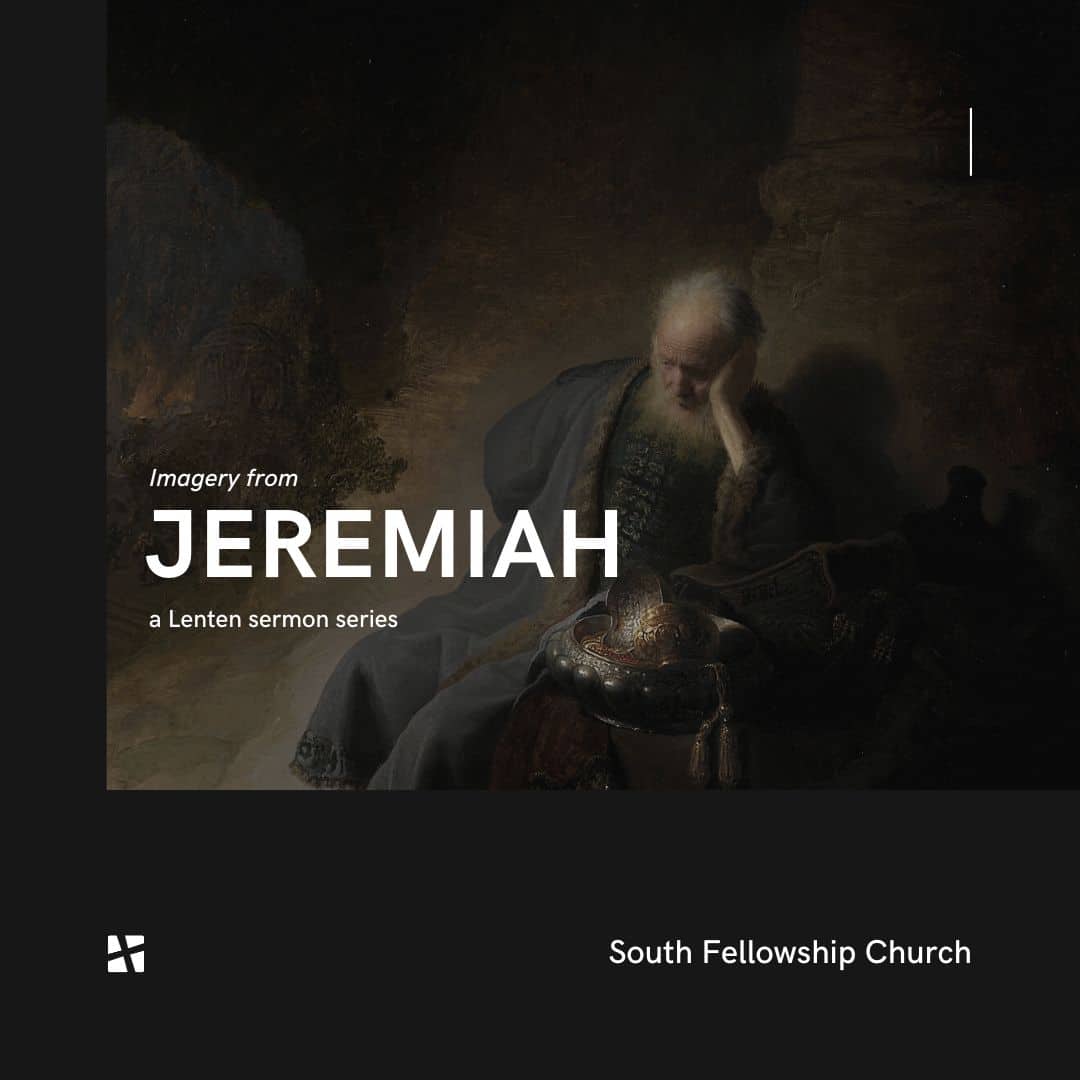Red Couch Theology
Aaron Bjorklund2025-06-19T10:33:49-06:00Sermon Conversations with Alex and Aaron There’s only so much we can cover in a Sunday morning gathering! Each week, you’re invited to tune into our podcast at 11 am, on Thursdays – it [...]



